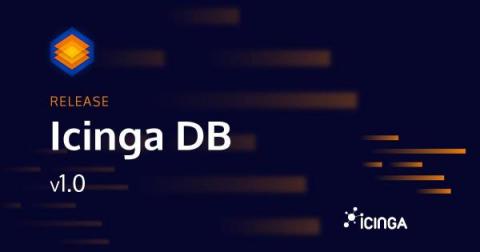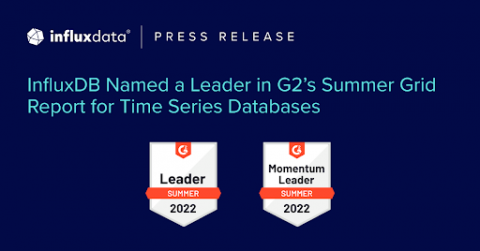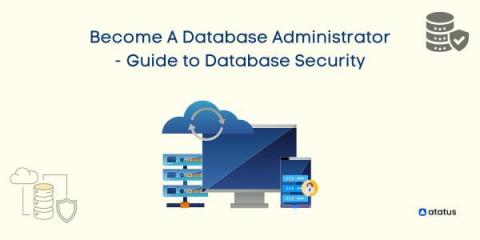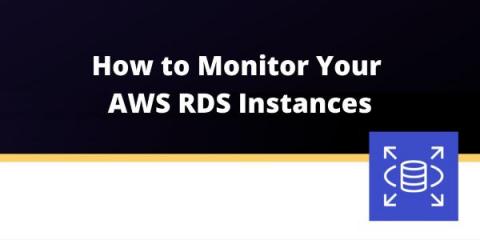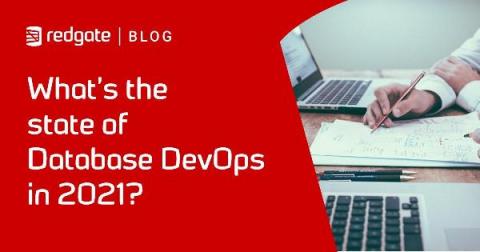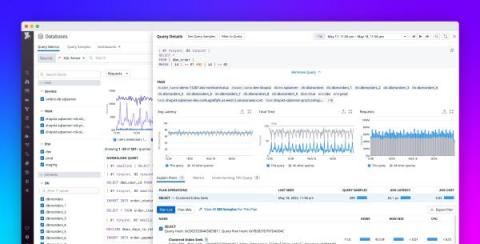Finally accomplished - Icinga DB Released
We couldn’t be happier and are proud to announce the final release of Icinga DB today. After many years of development and one or the other setback on the way to the release, we are proud to finally hand you the final version of Icinga DB for your monitoring environment.


